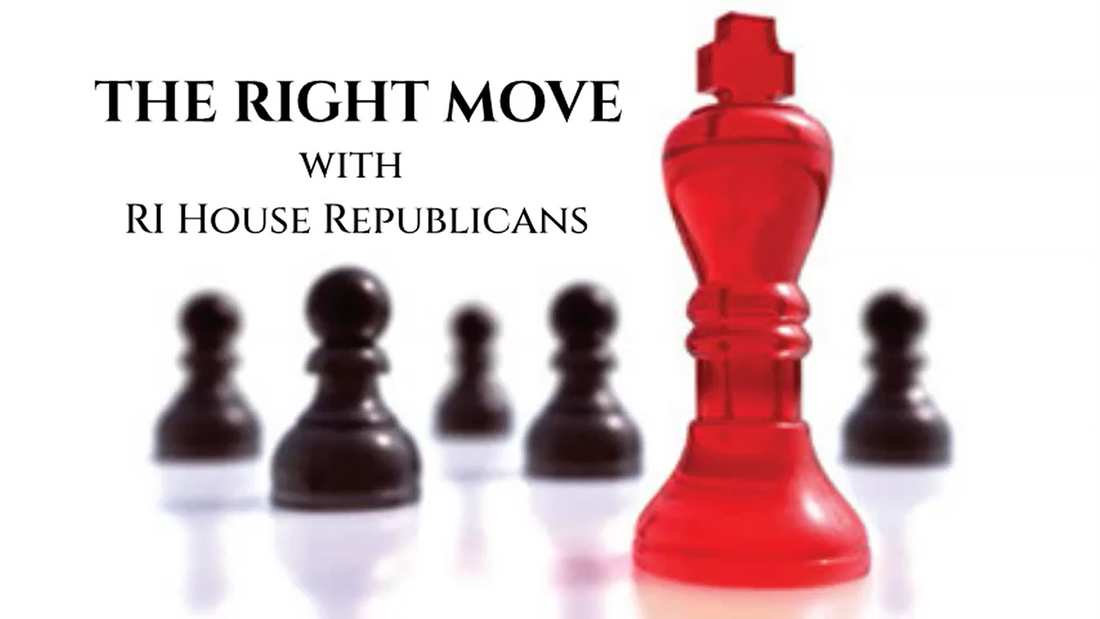|
The Providence Journal, Providence, RI — A reworked 20-year no-bid Lottery deal for IGT and its new partner in Rhode Island's gambling world won the approval of a key House committee on Thursday, after a tough year that has led the House GOP leader to question whether R.I. should rethink the numbers.
The Finance Committee approved the deal on a 10-2 vote.
The bill obligates the IGT-led partnership to 1,100-plus jobs in Rhode Island in exchange for exclusive control through 2043 of the technology that runs Rhode Island's state-sponsored gambling, from the Keno machines at the corner store to the two glitzy Twin River casinos.
Slot machines at Twin River's Tiverton casino. Herald New, File
 House GOP Leader Blake Filippi, Bob Breidenbach, The Providence Journal House GOP Leader Blake Filippi, Bob Breidenbach, The Providence Journal
House GOP Leader Blake Filippi contends that "the first bill that came out 16 months ago was better. At least it didn’t didn’t extend 'Twin River’s' agreement with the state by 13 additional years."
He also questioned why R.I. would agree to give the casino 84.43% of the net table game revenue — leaving the state with 12.7%, after expenses — when "Massachusetts' take [is] 25%." "It's our business,'' he said. "They are our agents. In Massachusetts, right across the border, where the license belongs to the casino owner, they pay 25% of the revenues from the tables to the state. Why are we getting half? "That's $20 million a year, and for the next 20 years, that equals $400 million." He also raised alarms about making an unprecedented 20-year Lottery deal with a technology company, saying: "Twenty years ago I think I still had a beeper or a flip phone." "This contract has so many problems with it, I think we are doing a major disservice to the taxpayers of this state,'' Filippi, a Block Island Republican, said before voting nay. None of the Democrats on the other side of the party-line vote said anything about the reworked bill that was posted for public viewing for the first time on Tuesday. House leaders — who negotiated the reworked deal with International Game Technology and the Bally's Corporation (formerly Twin River) — have chosen not to respond to Filippi's concerns about a deal he criticized even more roundly at earlier junctures in the debate. The bill is now headed to the full House for a vote next week. Underlying Filippi's concerns is the state of Rhode Island's state-run gambling empire, which has been the state's third-largest source of income behind income and sales taxes. The pandemic worsened but is not solely responsible for the double-digit revenue decline. The state's take dropped significantly, from $397.3 million in Fiscal Year 2019 to $283.9 million in the year that ended on June 30, 2020. The Lottery's financial statement tells the story: a 12% drop in revenue from the video-gambling machines at the Twin River casinos in Lincoln and Tiverton in the nine months before the pandemic shuttered Rhode Island. "Closure of the State’s two licensed casinos, many Lottery retailers, restaurants and bars, the canceling and elimination of professional and college sporting events, and stay at home regulations had a significant impact on revenues for all Lottery lines of business,'' according to the Lott's latest financial report. "The net revenue decrease during fiscal 2020 was largely attributable to the opening of a new casino in Massachusetts,'' but the mid-pandemic closing of the R.I. casinos in the last quarter of the year "worsened the overall decline ... and resulted in a 32% decrease in revenue for fiscal 2020." And there's more: Table games' net revenue at the two casinos dropped 32% through March 2020 (pre-pandemic) and an overall 49% through the end of the fiscal year. The way the bill is written, it is unclear how much — if any — change there would be in the percentage of gambling revenue that would go to IGT and its joint technology venture with Bally's. A consultant's analysis pegged the percentages paid IGT at 7% for the "lease" of the electronic gambling machines; 2.5% of total sales for operating the "central system" that connects the machines and 5% for its role in the traditional Lottery. In FY19, the last full year of operation, the Lottery paid IGT alone $56.8 million. The amount paid to Twin River that year: $287 million, according to a summary provided by the Lottery on Thursday. The history: The current 20-year IGT contract dates back to 2003. It gave the company "the right to be the Lottery’s exclusive vendor of hardware and software, together with the related services necessary for the operation of the Lottery’s computerized games, through June 30, 2023." In return, the provider made a one-time payment of $12.5 million to the Lottery as consideration for this exclusive contract right. The proposed new deal hinges on IGT making an upfront payment of $27 million. Source
Reworked no-bid Lottery deal for IGT partnership approved by RI House panel
The Providence Journal Katherine Gregg Published, 5:13 PM ET May 6, 2021 Comments are closed.
|
MEDIA INQUIRIES
CATEGORIES |
Learn More About Us |
Constituent Services
|
State Government |
About rhode island house republicans
In 1636, Roger Williams, founder of Rhode Island, established the first working model of Democracy after being banished from Massachusetts for his “extreme views” concerning freedom of speech and religion. Thomas Jefferson and John Adams publicly acknowledged Williams as the originator of these concepts, along with the freedom of public assembly, in the First Amendment in the United States Constitution. Today, Rhode Island House Republicans uphold the liberties designed by our Founders and preserved in our Constitution, and are the primary legislative body promoting lean government, fighting for lower taxes, and advocating for initiatives and policies that improve the economy and in turn, the lives of Rhode Islanders. As members of a part-time assembly, we are small business owners, retired educators, community activists, lawyers, farmers, military service veterans, volunteers, former local officials, retired social workers, coaches, musicians, churchgoers and board directors -- bringing these community engagement and professional experiences to our work, on your behalf, at the Rhode Island State House.
2024 Rhode Island State House Republicans | 82 Smith Street, Room 106 Providence, RI 02903 | 401..222..2259 | Email Us


